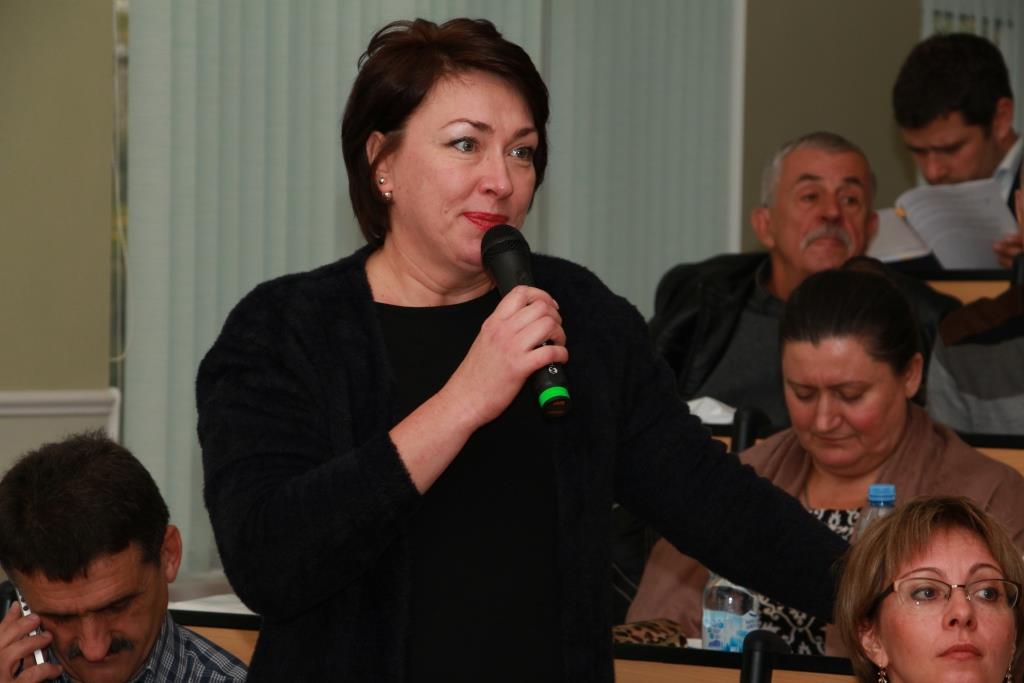On September 27, 2019, a scientific and practical seminar with international participation “Modern Aspects and International Strategy for Postgraduate Education, Professional Regulation and Standard Setting in Histopathology” was held at the Shupyk National Medical Academy of Postgraduate Education. More than 250 pathologists and other specialists from 13 regions of Ukraine attended this scientific event.
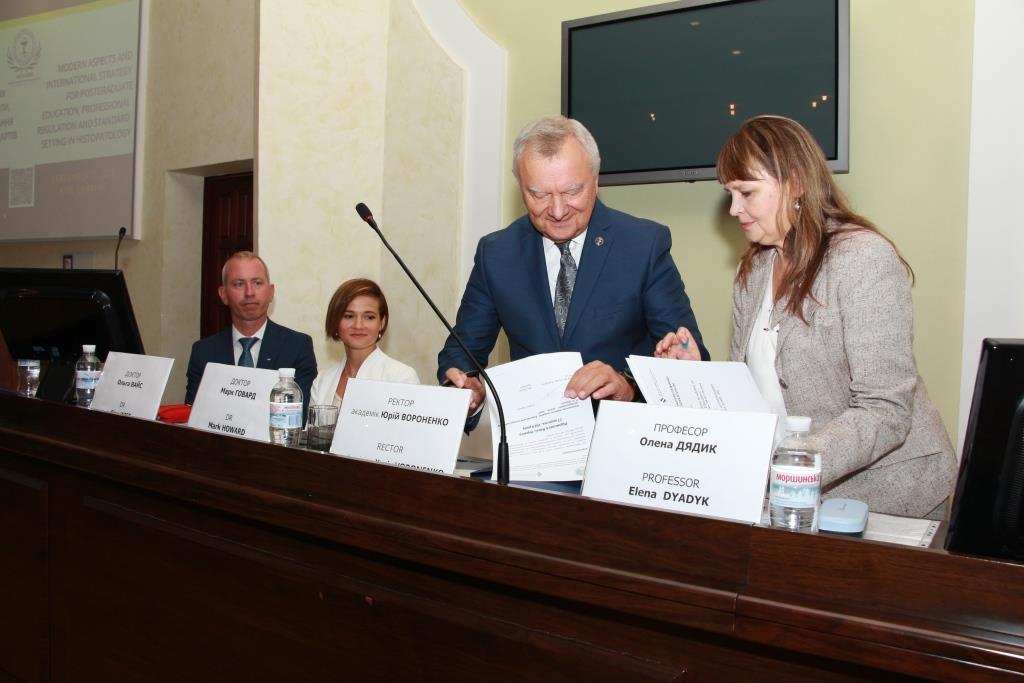
At the beginning of the event, a memorandum of understanding in academic cooperation with the Royal College of Pathologists of the United Kingdom was signed by Rector of Shupyk NMAPE, academician of the National Academy of Medical Sciences of Ukraine.
In a video address, President of King's College Professor Jo Martin congratulated those in attendance on the momentous event and wished them to develop a relationship that had just been granted official status.
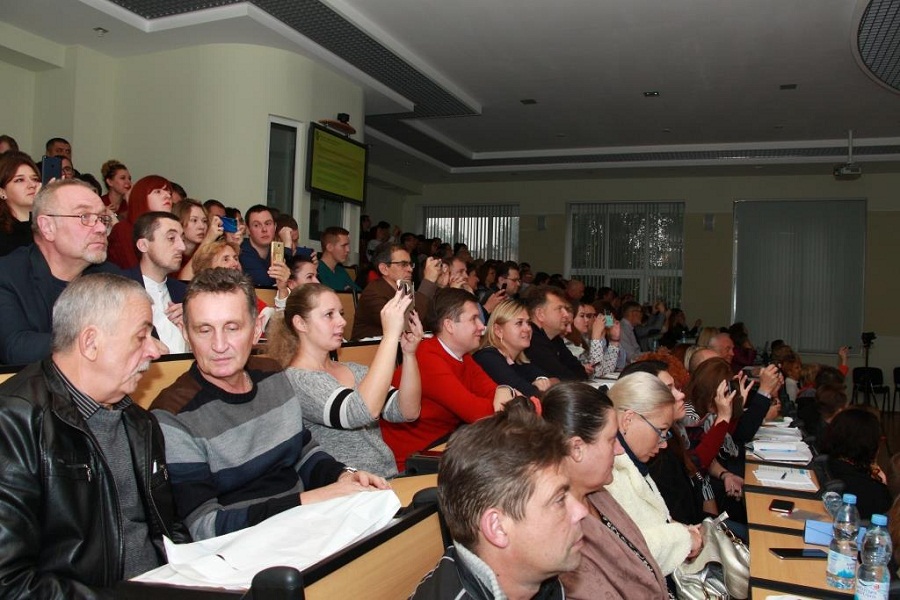
Royal College of Pathologists is part of the European Society of Physicians and the World Association of Pathology and Laboratory Medicine. Dr. Mark Howard and Dr. Olga Wise were College representatives at the seminar. They are responsible for promoting the College at the international level, building international strategic cooperation and partnerships, and for cooperating with Ukraine in science and practice in pathology.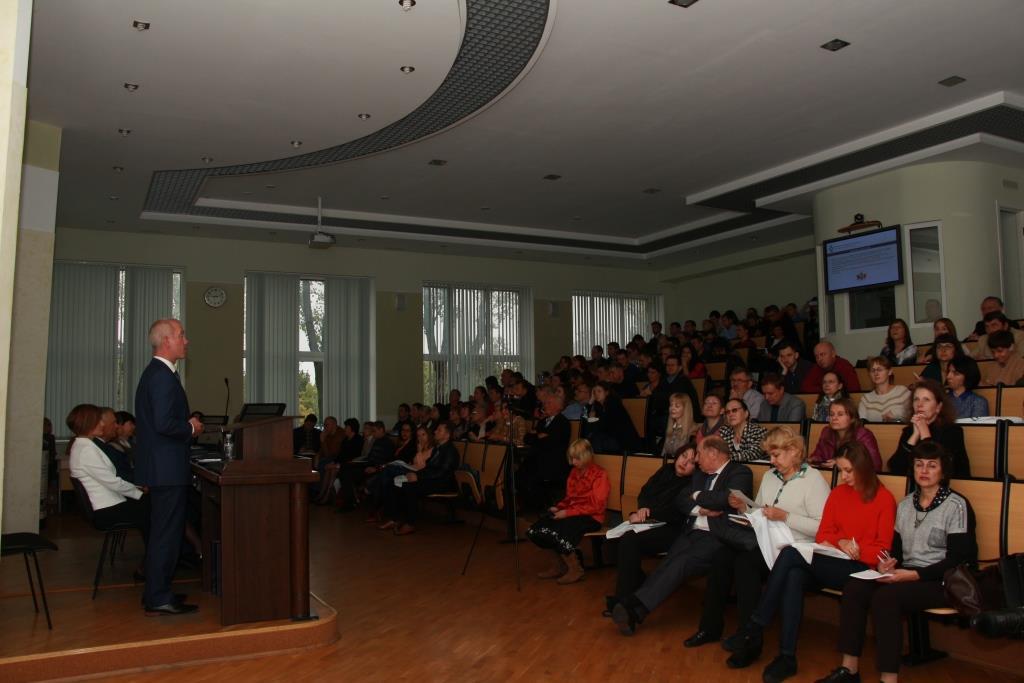
Dr. Mark Howard introduced Royal College of Pathologists, professional membership organization committed to promoting excellence in the practice of pathology. The College of Pathologists was founded in 1962, to optimize postgraduate training in the relatively young science of pathology, with its high importance in the diagnostic process, and the increasing range of specialist studies within it. The College received its Royal Charter in 1970 and its Patron is Her Majesty Queen Elizabeth II. Its 11,000 members work in hospital laboratories, universities and industry worldwide. The Royal College of Pathologists is a professional membership organization, whose mission is to maintain the internationally renowned standards and reputation of pathology, through training, assessments, examinations and professional development, to the benefit of the public.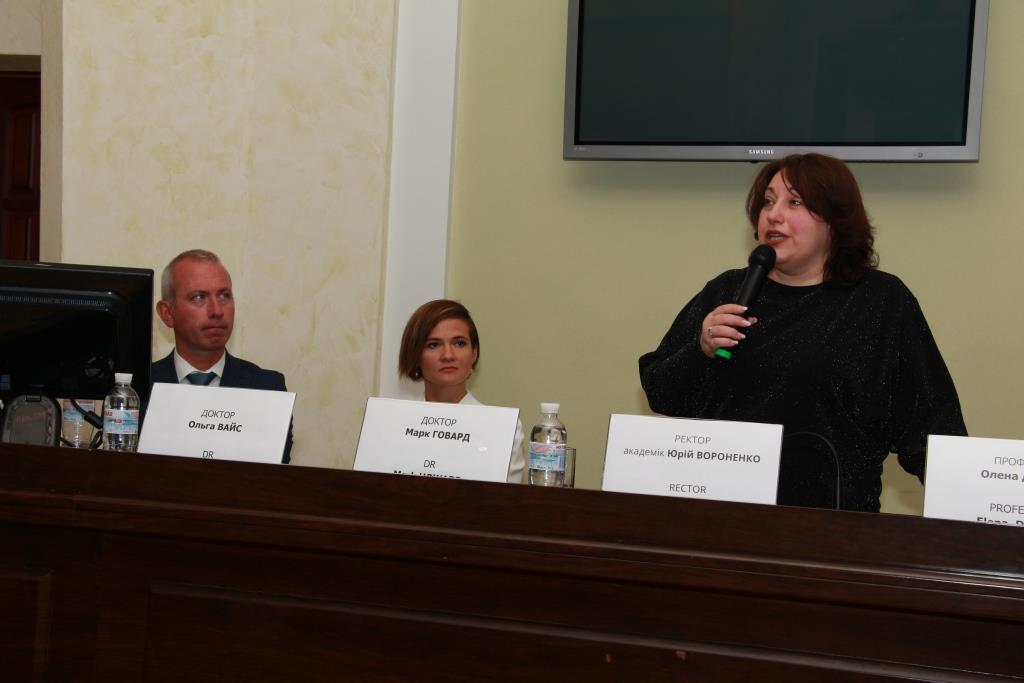
Continuing the scientific-practical seminar, the dean of the faculty of advanced training of teachers Dr. Larysa Babintseva acquainted the participants with the basic requirements of normative legal documents in the field of postgraduate education and continuous professional development (CPD), adopted in 2019. She emphasized the importance of the event in terms of empowerment and variety of gaining new knowledge and skills, improving professional skills.
The report of Dr. Mark Howard was dedicated to the features of autopsy in UK health facilities and the role of coroners in the regulation of the pathological service.
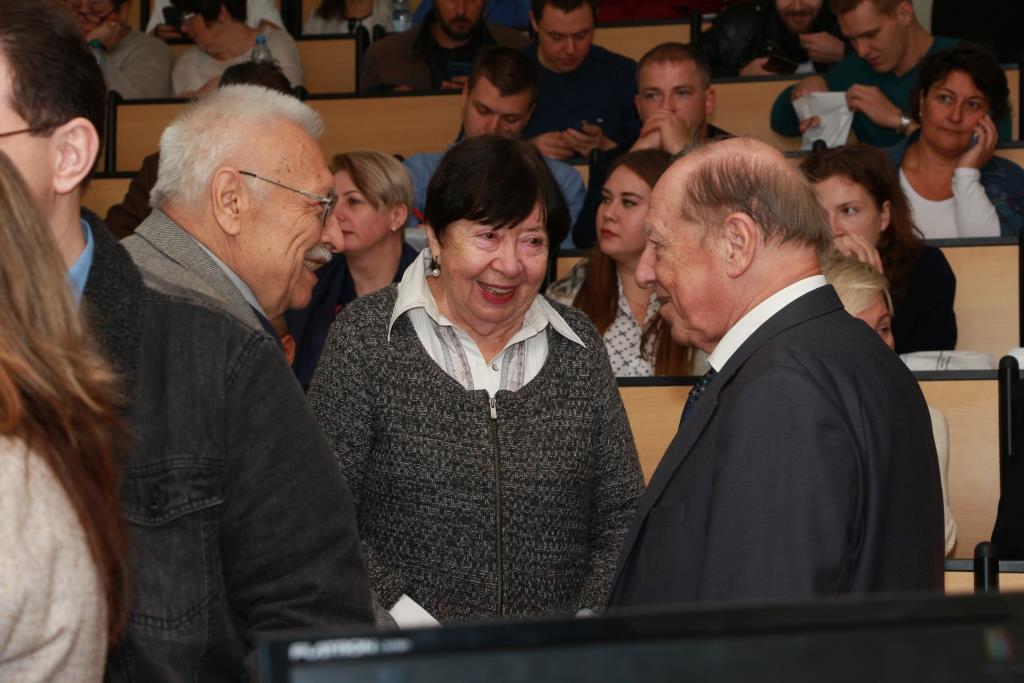
Dr. Olga Weiss, consultant histopathology Hospital St. Thomas’, London, presented the scientific report "Approach to the diagnosis of cancer of unknown primary location". Tumors of unknown origin are a heterogeneous group of metastatic tumors that manifest in the primary focus of vision, 10-15 % – manifest as metastases. It is possible to find the primary tumor in 2/3 of the cases, but it is not possible to find the location of the primary tumor in approximately 1/3 of the cases. Tumors of unknown origin are diagnosed with exclusion.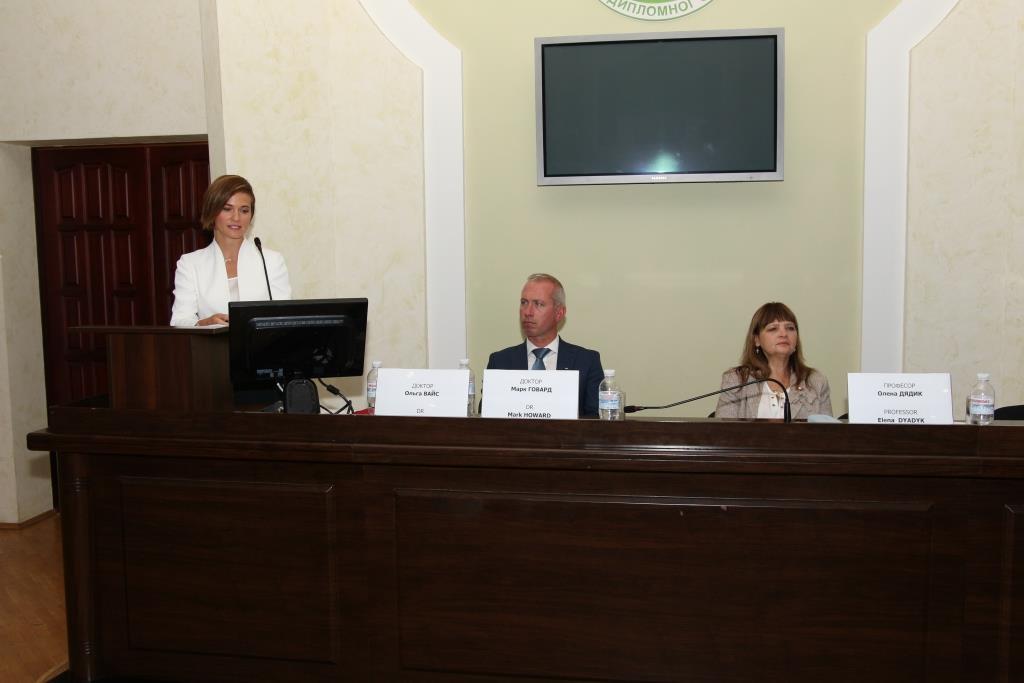
Head of the Department Full Professor Olena Dyadyk presented her own experience in the use of modern technologies in the postgraduate training of pathologists of the Department of Pathological and Topographic Anatomy.
Modern software makes it possible to implement a transdisciplinary approach in the education system and solve several tasks that are related to training and testing on the basis of full-time and distance learning. There is possible to assess the competence of students, evaluate the effectiveness of the main stages of the continuous professional development of doctors, and provide students with tools for further access to medical knowledge.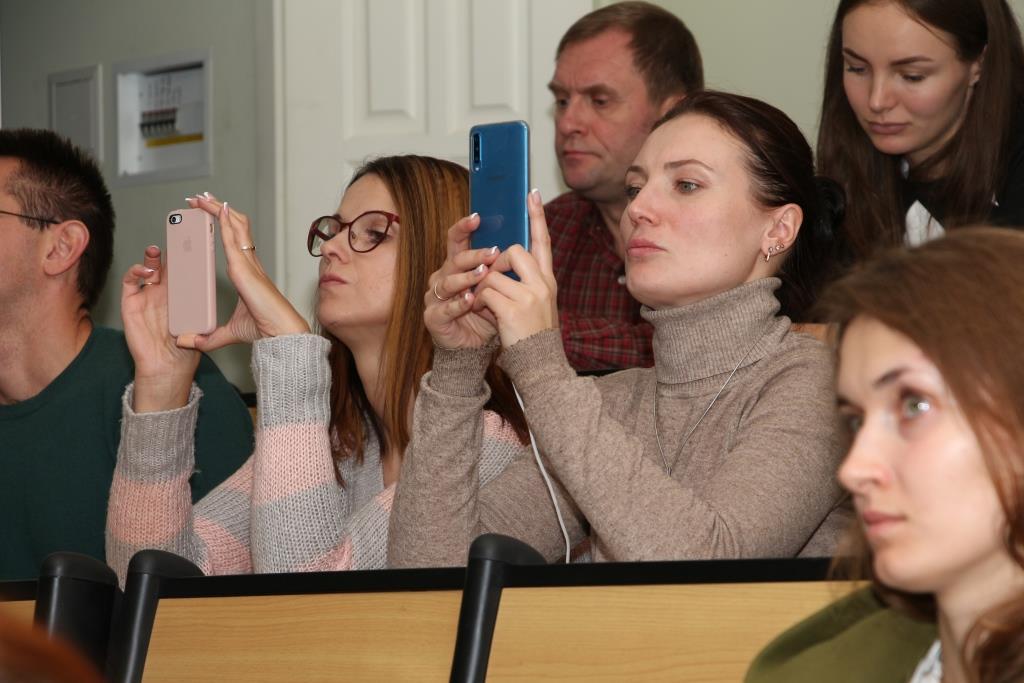
Smila Zinaida, Head of the Department of Biological Technologies and Clinical Pathology of OPTEC, presented the modern aspects of the possibilities of microscopy for education in the digital age. The concept of changes to the requirements of educational technologies in the context of the rapid onset of the fourth industrial revolution was presented in the report.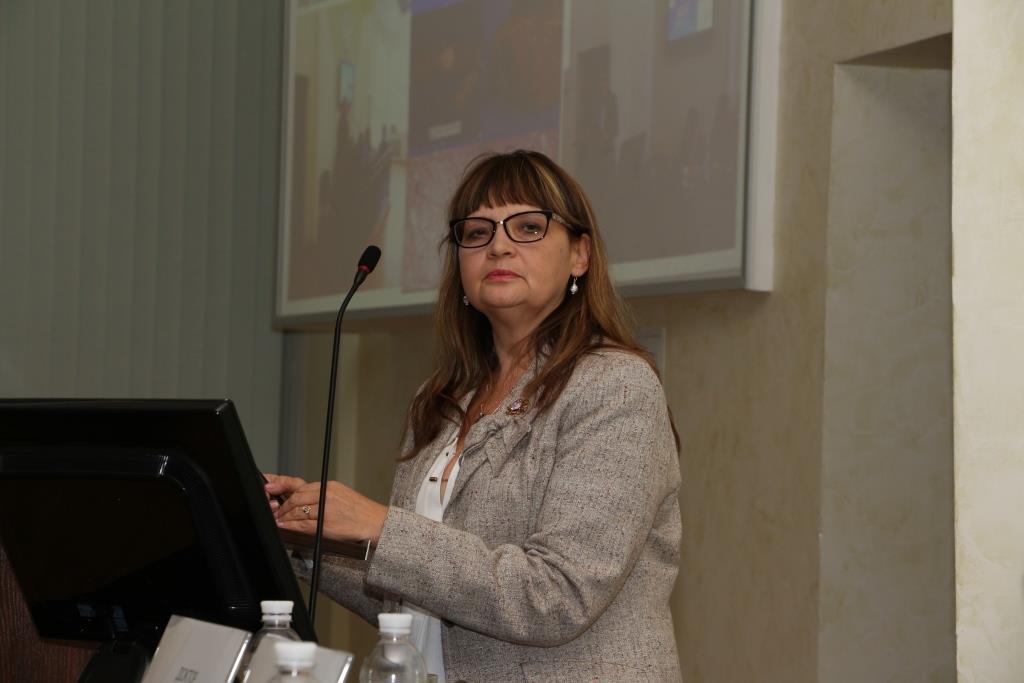
The seminar ended with a discussion of reports that aroused interest and numerous questions for speakers from the audience. A workshop resolution was drafted. Professor Olena Dyadyk in her concluding remarks said that the partnership with the Royal College of Pathologists is aimed at exchanging experience and developing a multidisciplinary approach in pathological diagnosis and laboratory medicine.